March 25, 2021
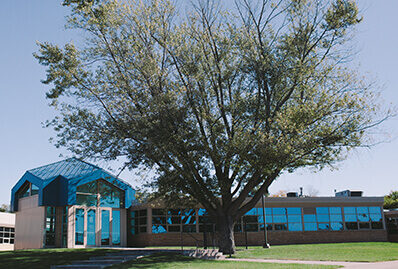 by Dr. Bill Hudson, Head of School
by Dr. Bill Hudson, Head of School
I’m particularly thankful to have our students back on campus this week. The positive energy radiating from their return has uplifted our entire community and helped us find joy in an otherwise tragic week of national headlines. From Atlanta, to Philadelphia, to Boulder, gun violence and hate have dominated the news and taken the lives of far too many, while altering the lives of countless more.
Though much is still being uncovered about each of these devastating events, I’d like to share my thoughts on the broader narrative that has emerged from the March 16 Atlanta area spa shootings. At the time of this writing, these shootings have not officially been designated a hate crime, but the fact that six of the eight victims were Asian Americans brings up an important point that all of us must reckon with: egged on by the dangerous, false ideals of white supremacy, anti-Asian hate is far more prevalent than many have previously acknowledged.
I’d like to pause here and affirm that MPA firmly stands with our Asian, Asian American, Southeast Asian, and Pacific Islander students, parents, alumni, and community members. We wholeheartedly condemn anti-Asian racism, hate, and violence in all forms. To our international students from China and South Korea, we value the experiences and perspectives that you bring to our community and we recognize the particular challenges you have faced throughout the pandemic. Read More
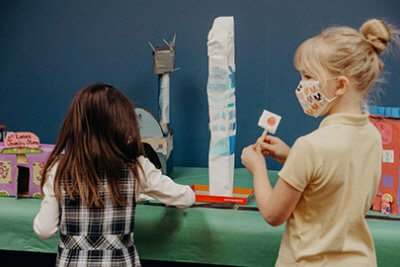 by Dr. Bill Hudson, Head of School
by Dr. Bill Hudson, Head of School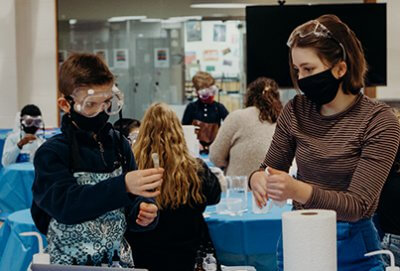 by Dr. Bill Hudson, Head of School
by Dr. Bill Hudson, Head of School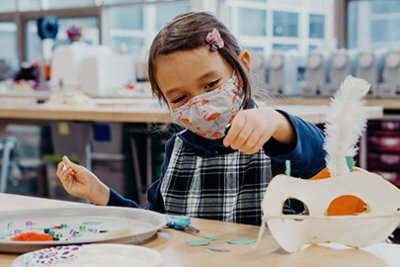 by Dr. Bill Hudson, Head of School
by Dr. Bill Hudson, Head of School by Dr. Bill Hudson, Head of School
by Dr. Bill Hudson, Head of School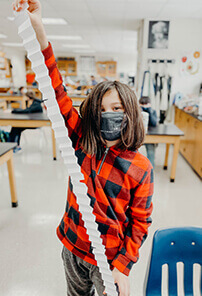 by Dr. Bill Hudson, head of school
by Dr. Bill Hudson, head of school by Dr. Bill Hudson, Head of School
by Dr. Bill Hudson, Head of School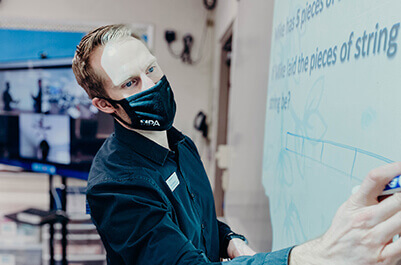 by Dr. Bill Hudson, Head of School
by Dr. Bill Hudson, Head of School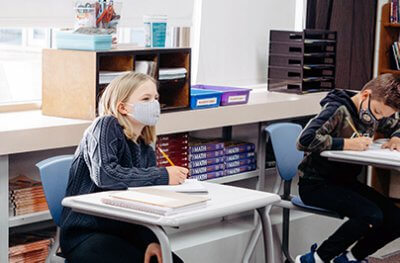 by Dr. Bill Hudson, Head of School
by Dr. Bill Hudson, Head of School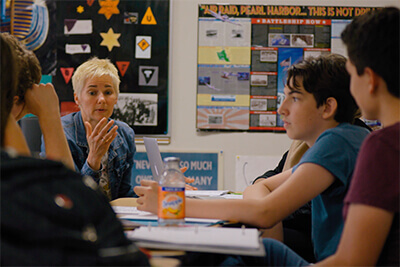 by Dr. Bill Hudson, Head of School
by Dr. Bill Hudson, Head of School